NPM #4: Curve
CURVE, Kate Reavey. Empty Bowl Press, Chimacum, Washington, 2022, 93 pages, $16, www.emptybowl.org.
The curve here is the touch of a hand to a child’s head, the shape of a maple leaf, the sole of a foot against a floor,  and it is curve as in the trajectory of a life. A woman remembering her mother’s body as she anticipates the birth of her own child. A woman with small children. A woman whose grown son sleeps upstairs. A brother, surfing a wave. A blue and white bowl. Weaving throughout, the loss of the mother and grandmother. Weaving through all the other poems, the poignant grief and sweetness of making jam on a stove top, as one’s mother once, conjuring memories that curl (and curve) in the room along with the aroma, “the taste of blackberries, the reticence of grace” (“Grief”).
and it is curve as in the trajectory of a life. A woman remembering her mother’s body as she anticipates the birth of her own child. A woman with small children. A woman whose grown son sleeps upstairs. A brother, surfing a wave. A blue and white bowl. Weaving throughout, the loss of the mother and grandmother. Weaving through all the other poems, the poignant grief and sweetness of making jam on a stove top, as one’s mother once, conjuring memories that curl (and curve) in the room along with the aroma, “the taste of blackberries, the reticence of grace” (“Grief”).
In “Honeycomb,” the surprise of these lines:
Beyond buzz, beyond the onomatopoeia
of desire,
the strum of air
on each iridescent wing—
Many of the poems are long, but, perhaps because insomnia has been haunting my nights of late, I want to share this shorter one. Watch for the curve, and know that this beach near Reavey’s peninsula home will recur later in the book:
After Insomnia
I walk among jellyfish.
Their nimble veins still
and glisten in curves of sand.This is the time in between tides,
unsettled, and I lean close, squint
into pools of jelly and light—the glare on the surface of their clear bodies,
drying by and by. Salt windstickle and I wake the surest
sign of sleep—a circle of spittle and breath
collecting on my pillow, muses of just-wakingtrembling in my limbs.
—Kate Reavey
One of the small pleasures of doing these blog posts comes when I research the poet. If these final links seem tacked on, I hope you’ll click through them and take a look for yourself.
Empty Bowl: https://www.emptybowl.org/
And find a review at Mom Egg Review here: https://merliterary.com/2023/08/23/curve-by-kate-reavey/
Kate is a mover and shaker at bringing poets to Port Angeles / Peninsula College. I just followed her on Instagram, too: https://www.instagram.com/katereavey/
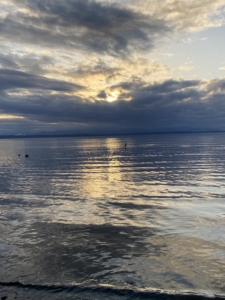


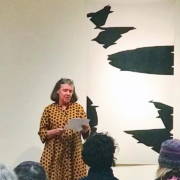
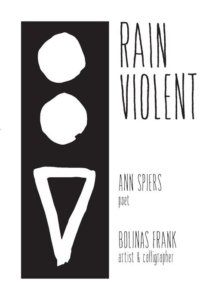 chickens, China.
chickens, China.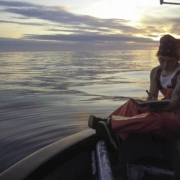
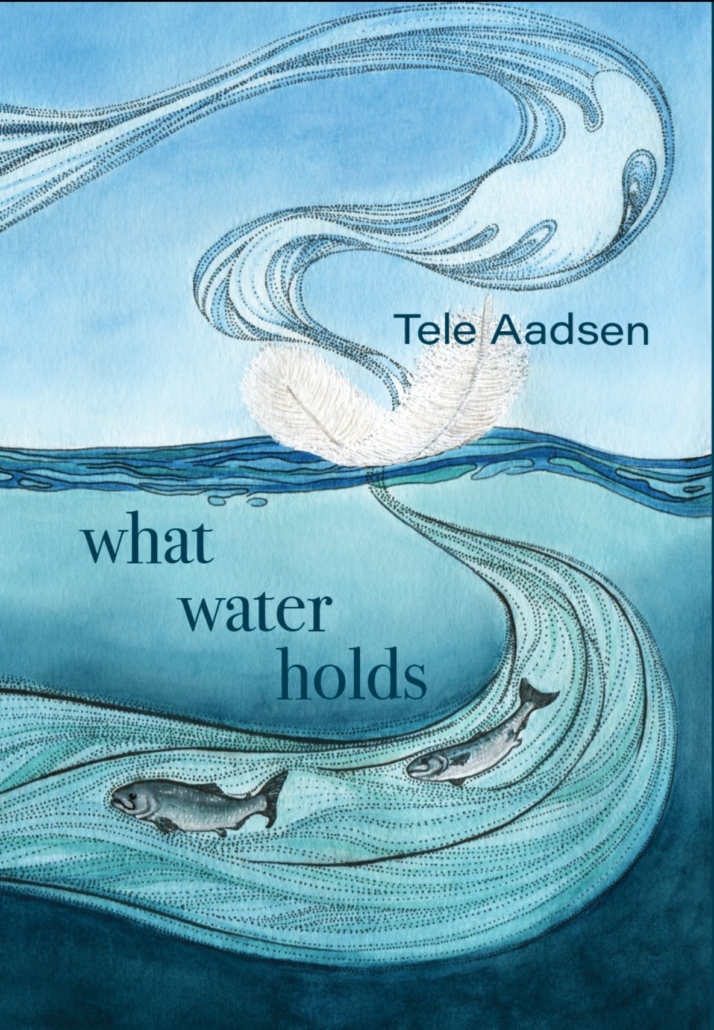
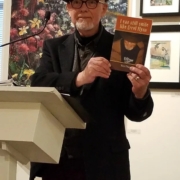
 somewhere, someone had given me his book of poems. On Saturday at the launch of I Sing the Salmon Home, he said hello and introduced himself. Today, I rummaged through my bookshelves, found his book, and read it all the way through, even the end notes (which are sort of a poem, themselves).
somewhere, someone had given me his book of poems. On Saturday at the launch of I Sing the Salmon Home, he said hello and introduced himself. Today, I rummaged through my bookshelves, found his book, and read it all the way through, even the end notes (which are sort of a poem, themselves).